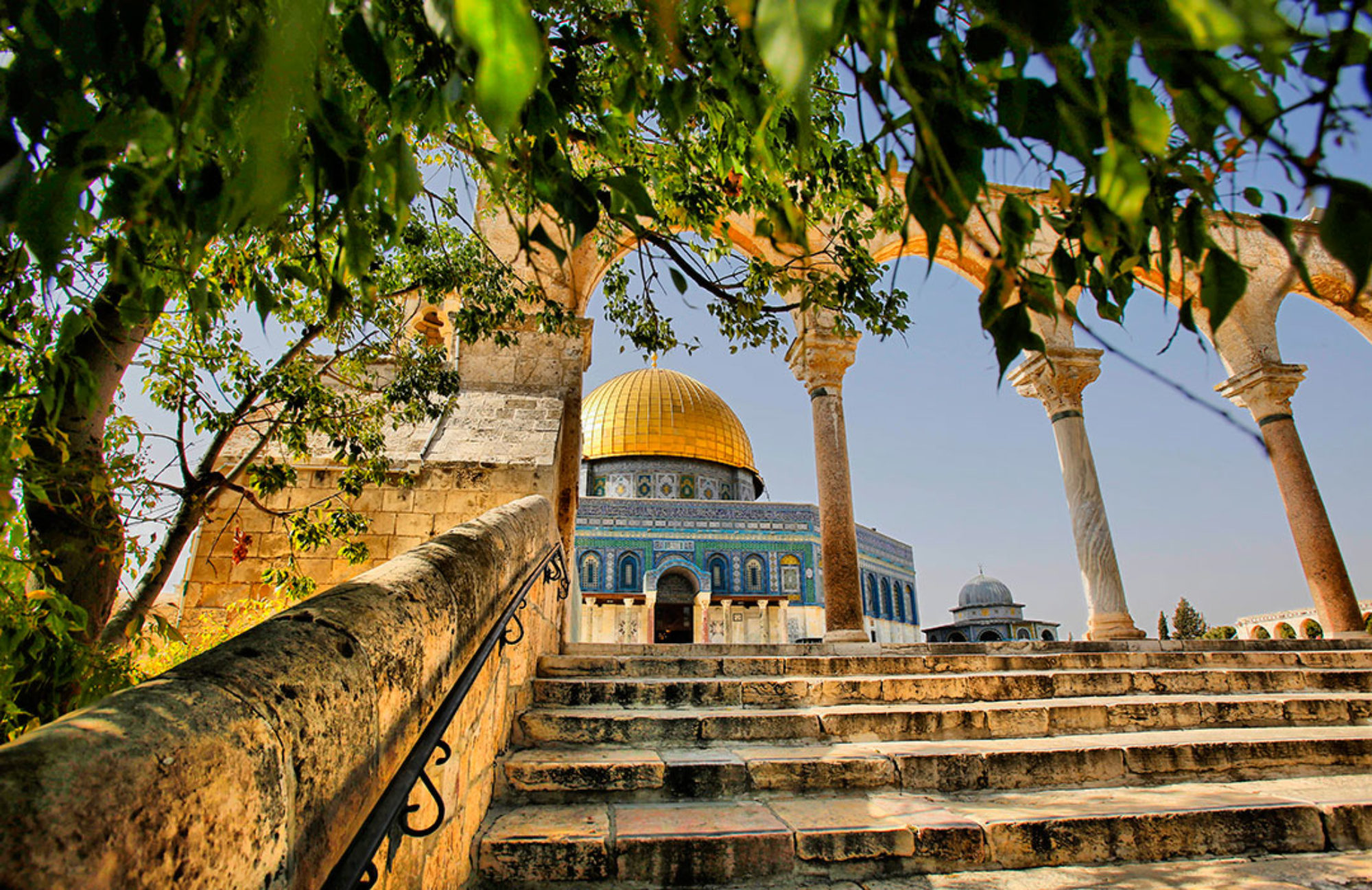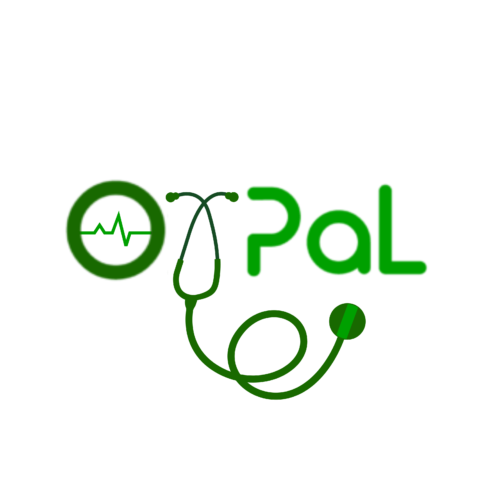The need for OxPal 2.0
Links between healthcare and education providers in Palestine and countries with advanced health systems have great potential for allowing best practice in medical education to be shared and to provide high quality training opportunities that address gaps in Palestine’s health education system.
Kerr et al. 2015
With the expansion of internet accessibility and home internet provision in the West Bank and Gaza Strip has also come the proliferation of online resources for medical students. A number of lecturers, medical schools, charities and medical education providers now publish an array of learning resources online. These videos, lecture notes, quizzes etc. are accessible to many Palestinian medical students and have already improved their clinical knowledge. Based on our needs-assessment, however, these students feel there is a gap in interactive tutorial-based teaching and case-based teaching that Oxpal could meet. Though there is a place for the provision of remote-access teaching material, it is not sufficient to produce fantastic clinicians. It must be supplemented by bed-side experience and interactive teaching with skilled professionals. This allows medical students to walk through cases and see the clinical decision methods and structure of clinical decision making.
The recognition of the strength of this method has led to a growing number of medical schools in the UK switching from traditional models of teaching towards Problem-Based Learning (PBL) centred curriculum.
“Undergraduate medical education has developed rapidly since the first medical school opened in 1994. Traditional and lecture-based courses remain: the introduction of modern learning is hampered by a lack of qualified teaching staff.”
With only 4.1% of students desiring teaching to help them prepare for university examinations, the vast majority (63.4%) desired help with preparation for future practice, 16.3% wanted to gain research skills and 12.2% desired a better understanding of healthcare context outside of Palestine.
Current state of medical education in Palestine
In 2009, the Lancet-Palestinian Health Alliance highlighted many of the geopolitical barriers to Palestinian healthcare and medical education. The separation wall between Israel and the West Bank and the presence of numerous checkpoints prevents many students from accessing clinical learning environments; in a survey of 50 students from Al Quds Medical School (AQMS) conducted by OxPal in 2012, 37% of students stated that they experienced disruption whilst travelling to classes at least once per week on average. Furthermore, difficult economic conditions resulting from the unique geopolitical situation means that private clinical practice is often prioritized over the teaching and education of medical students. Additionally, a lack of dedicated teaching hospitals and learning spaces in wards and other clinical settings has stunted the growth of a robust teaching culture in many Palestinian hospitals.
Additional research, over the past five years, suggests medical students living and studying in the occupied Palestinian territories receive sub-optimal training due to ‘ambiguous permit rules, barriers at checkpoints, and the psychological burden of the process’. This is in addition to the already poor status of many healthcare indicators in the area.
There are further challenges in the region due to electricity shortages in the Gaza strip and movement restriction in the West Bank. Combined they not only present significant challenges to medical education but also require a considerable diversion of attention of medical students towards circumventing and overcoming these barriers, rather than investing in their professional development. These significant challenges, restrictions and economic woes have caused many of the most capable students to flee the area – the resultant brain drain threatens to further cripple the region and perpetuate a self-reinforcing downward spiral.
Service description
Oxpal will meet the need for supplementary clinical teaching in the Occupied Palestinian territories. Currently, these students are chronically underserved by a stretched education system, overworked medical staff and a demoralising environment. These challenges throttle the opportunity for a thriving medical community that provides effective care to patients. We will step in and address the deficiencies in their medical education and thus reshape patient care. We are inspired by the efforts of the medical schools in Palestine, operating in such a challenging environment. We will step in to help support their efforts to build a quality future healthcare workforce, using the resources and institutional knowledge of resource rich universities and hospitals in the U.K. and U.S.A.

